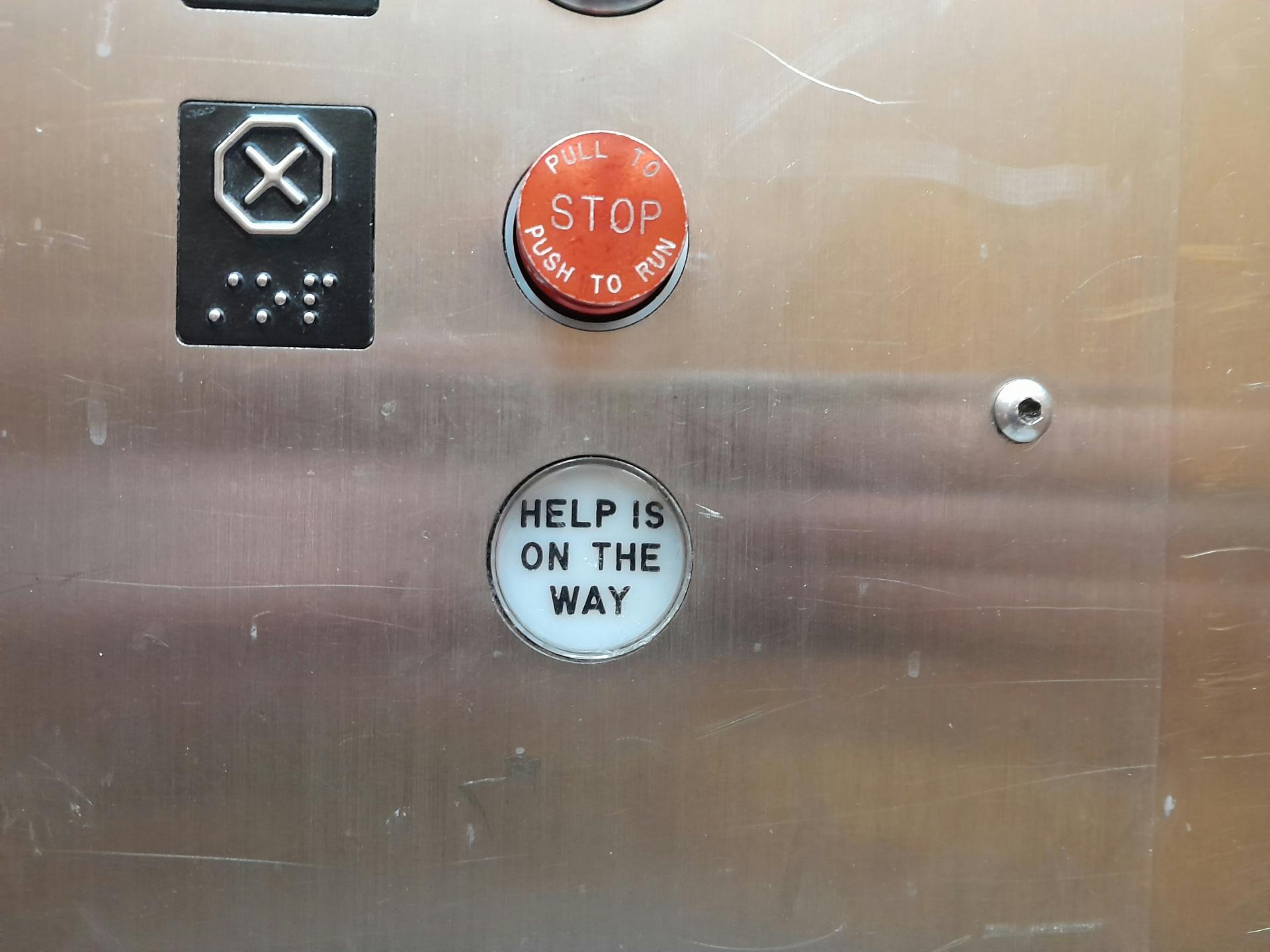
Can Your Sensitivity Have a Place?

Maybe this sounds familiar: you’re sitting in a meeting, and a decision is made that doesn’t feel right. You can sense that something is being left unsaid, that there’s tension in the room. But instead of trusting your intuition and speaking up, you hold back. What if others think you’re too emotional? What if they question your professionalism?
This is a dilemma many sensitive people face. In a world where “hard,” “rational,” and “fast” are often seen as the norm, sensitivity can feel like something you should hide. But what happens if you keep pushing it away?
High sensitivity (as described by psychologist Elaine Aron, 1997) is an innate personality trait that around 15–20% of people are born with. It’s not about being fragile—it’s about processing information more deeply. Sensitive people tend to notice subtle signals, experience emotions more intensely, and show strong empathy.
In the workplace, these traits can be a real asset: spotting risks early, paying attention to detail, and sensing tensions before they escalate. Research even shows that highly sensitive people are often more creative and conscientious (Greven et al., 2019).
But there’s another side. In environments that leave little room for reflection or emotion, sensitive people are more likely to become overstimulated and stressed (Aron & Aron, 1997). They may start to feel “too much” or “not enough,” which often leads them to hide their sensitivity.
The hidden cost of hiding
Psychologically, suppressing such an essential part of yourself comes at a price. According to self-discrepancy theory (Higgins, 1987), stress arises when there’s a gap between who you are and who you think you should be. If you constantly push down your sensitivity to fit the mold, you create inner conflict.
That conflict can show up as fatigue, low mood, or a sense of emptiness. Research confirms that chronic self-suppression leads to higher stress levels and lower well-being (Gross & John, 2003). In everyday terms: you burn out because you’re constantly fighting yourself.
And the paradox is this: the harder you try to push your sensitivity away, the more energy it costs—and the more it weighs you down.
Sensitivity as a strength
But what if your sensitivity wasn’t something to hide, but something to use? Studies on emotional intelligence show that qualities like empathy, reflection, and the ability to read others are crucial for effective leadership and teamwork (Goleman, 1995). And many highly sensitive people possess these qualities in abundance.
Other research shows that sensitive people thrive especially well in supportive environments (Belsky & Pluess, 2009). In the right context, sensitivity isn’t a liability at all—it’s a superpower.
Imagine what it would be like if you didn’t have to silence your intuition or downplay your ideas. If you could bring your sense of detail, atmosphere, and empathy into your work. How much lighter and more fulfilling could that feel?
So: can your sensitivity be here?
The real question isn’t how to hide your sensitivity, but whether you dare to let it be seen. Not in dramatic ways, but step by step—in small, everyday moments. By being honest about how things affect you. By honoring your own boundaries. By consciously using the qualities that make you, you.
Organizations need those qualities. Humanity, connection, creativity, and care are vital in a world that only grows more complex. Sensitivity isn’t weakness—it’s a perspective that’s too often missing.
So ask yourself: Can your sensitivity have a place?
And if your answer feels hesitant, maybe that’s okay. What would it look like to make just a little more space for it? Every time you allow yourself to be present as you truly are, you not only free yourself—you also give others permission to do the same.

About the author
- Karolien Koolhof is a coach voor introverts and gifted individuals
- Author of the book Introvert Leadership
- Contact

